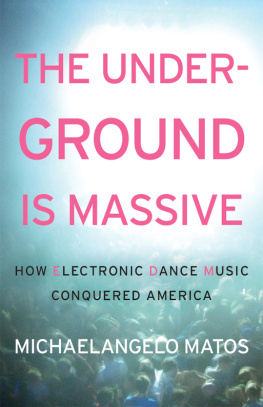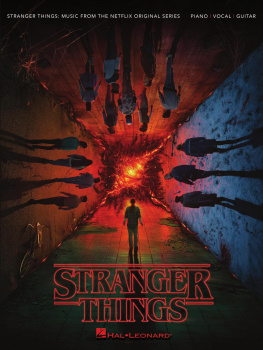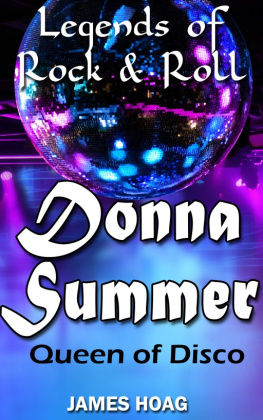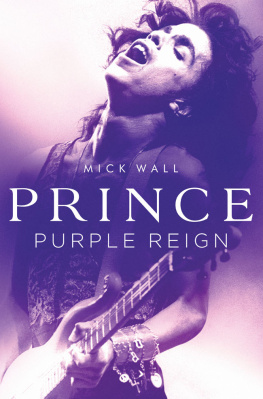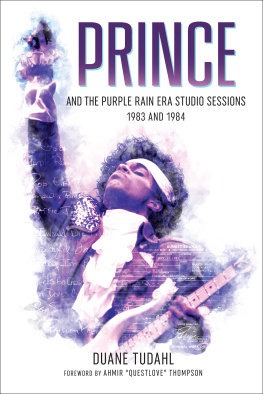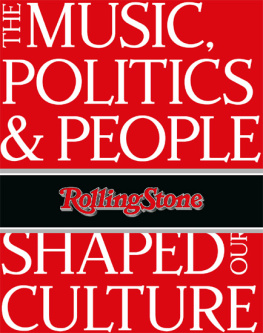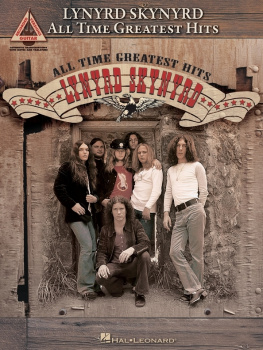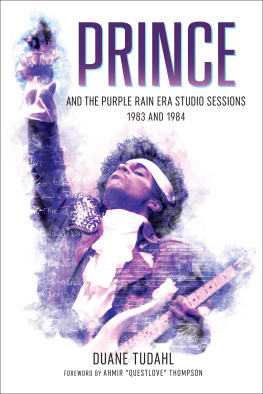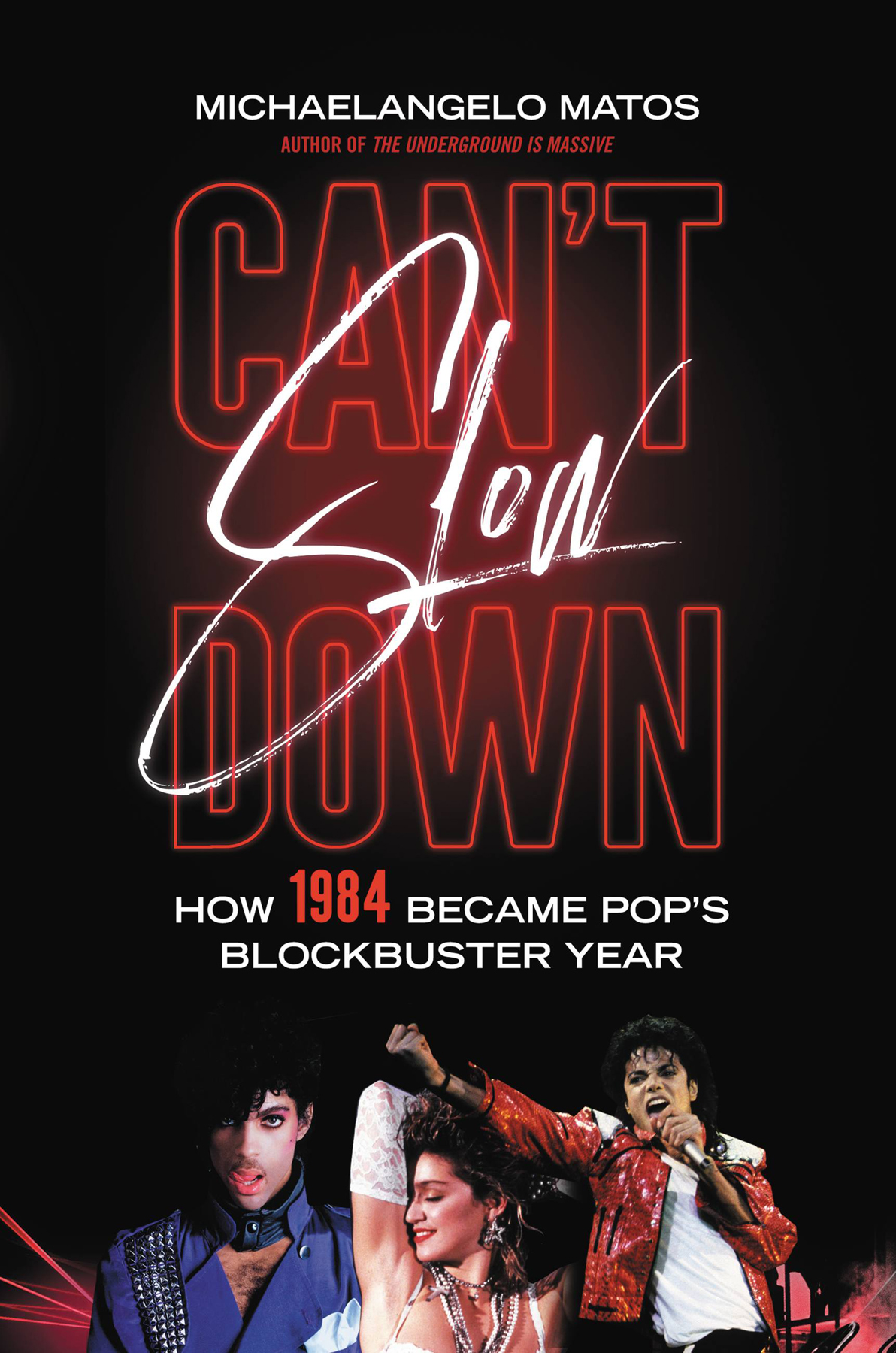Michaelangelo Matos - Cant Slow Down: How 1984 Became Pops Blockbuster Year
Here you can read online Michaelangelo Matos - Cant Slow Down: How 1984 Became Pops Blockbuster Year full text of the book (entire story) in english for free. Download pdf and epub, get meaning, cover and reviews about this ebook. year: 2020, publisher: Hachette Books, genre: Detective and thriller. Description of the work, (preface) as well as reviews are available. Best literature library LitArk.com created for fans of good reading and offers a wide selection of genres:
Romance novel
Science fiction
Adventure
Detective
Science
History
Home and family
Prose
Art
Politics
Computer
Non-fiction
Religion
Business
Children
Humor
Choose a favorite category and find really read worthwhile books. Enjoy immersion in the world of imagination, feel the emotions of the characters or learn something new for yourself, make an fascinating discovery.

- Book:Cant Slow Down: How 1984 Became Pops Blockbuster Year
- Author:
- Publisher:Hachette Books
- Genre:
- Year:2020
- Rating:4 / 5
- Favourites:Add to favourites
- Your mark:
Cant Slow Down: How 1984 Became Pops Blockbuster Year: summary, description and annotation
We offer to read an annotation, description, summary or preface (depends on what the author of the book "Cant Slow Down: How 1984 Became Pops Blockbuster Year" wrote himself). If you haven't found the necessary information about the book — write in the comments, we will try to find it.
The definitive account of pop music in the mid-eighties, from Prince and Madonna to the underground hip-hop, indie rock, and club scenes Everybody knows the hits of 1984 - pop music's greatest year. From Thriller to Purple Rain, Hello to Against All Odds, What's Love Got to Do with It to Wake Me Up Before You Go-Go, these iconic songs continue to dominate advertising, karaoke nights, and the soundtracks for film classics (Boogie Nights) and TV hits (Stranger Things). But the story of that thrilling, turbulent time, an era when Top 40 radio was both the leading edge of popular culture and a moral battleground, has never been told with the full detail it deserves - until now. Can't Slow Down is the definitive portrait of the exploding world of mid-eighties pop and the time it defined, from Cold War anxiety to the home-computer revolution. Big acts like Michael Jackson (Thriller), Prince (Purple Rain), Madonna (Like a Virgin), Bruce Springsteen (Born in the U.S.A.), and George Michael (Wham!'s Make It Big) rubbed shoulders with the stars of the fermenting scenes of hip-hop, indie rock, and club music. Rigorously researched, mapping the entire terrain of American pop, with crucial side trips to the UK and Jamaica, from the biz to the stars to the upstarts and beyond, Can't Slow Down is a vivid journey to the very moment when pop was remaking itself, and the culture at large - one hit at a time.
Michaelangelo Matos: author's other books
Who wrote Cant Slow Down: How 1984 Became Pops Blockbuster Year? Find out the surname, the name of the author of the book and a list of all author's works by series.

